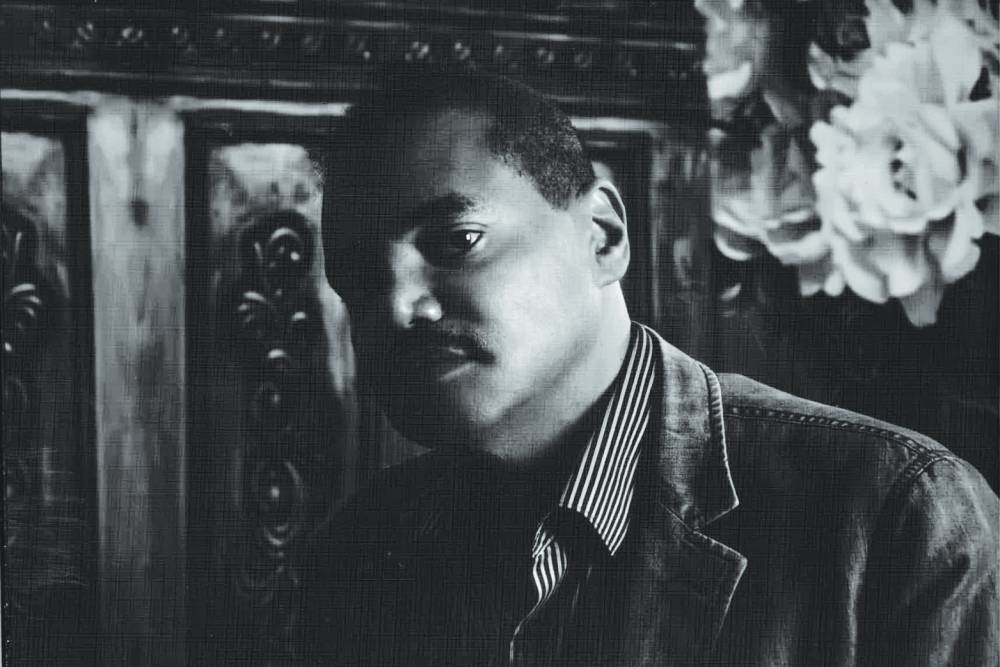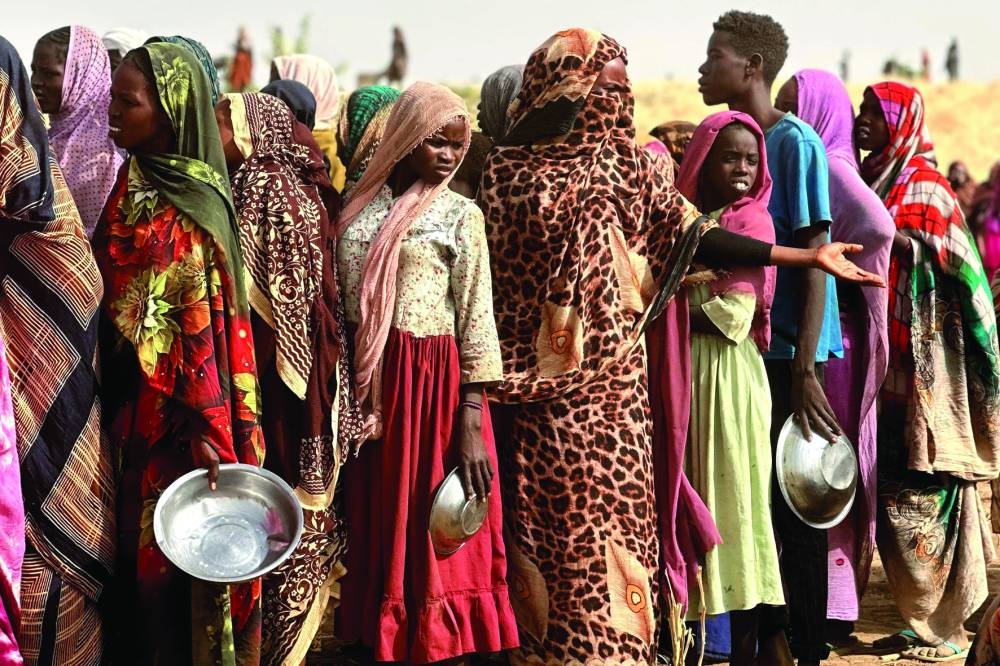The exclusion of the Sudanese government from peace talks severely undermines the core objective of the international conference on Sudan. The reasoning behind this decision warrants closer examination. On April 15, 2025 — two years since war broke out in Sudan — the conference convenes in London to tackle the ongoing conflict and the escalating humanitarian crisis. Co-hosted by the United Kingdom, the European Union, France, and Germany, the event will gather diplomats, humanitarian organisations, and regional stakeholders. Yet conspicuously absent from the proceedings will be the Sudanese government, a central player in the conflict. This exclusion represents a critical flaw: a political resolution cannot be forged without the involvement of all parties. While the conference may try to coordinate humanitarian aid or galvanise international support, its ability to achieve lasting peace is profoundly compromised. Without the participation of those in power on the ground, any agreements reached are likely to be politically ineffective and difficult to implement.
This is not the first international attempt to address Sudan’s crisis. Previous initiatives, including the Paris Conference and numerous regional and UN-led meetings, have sought to rally support, end the war, and deliver humanitarian relief. Yet these efforts have largely faltered. Donor pledges have often gone unfulfilled, and despite repeated calls for peace and the protection of civilians, violence has persisted unabated, with little progress in halting the conflict or alleviating its devastating consequences. Since the conflict began in April 2023, Sudan has witnessed widespread atrocities, including extrajudicial killings, sexual violence, looting, and the destruction of civilian infrastructure. The toll has been especially severe in West Darfur, where violence has claimed tens of thousands of lives and displaced millions. The United Nations estimates that some 12.9mn people have been forced to flee their homes, with half the population facing acute hunger. As famine spreads, health services have collapsed, exacerbated by the deliberate targeting of medical facilities.
The international response has been strikingly inadequate. While some humanitarian aid has reached parts of Sudan, it has been insufficient to stem the overwhelming suffering. In El Fasher, North Darfur, where thousands of displaced people have sought refuge, the situation has worsened. Recently, the Rapid Support Forces (RSF) launched attacks on displacement camps, killing over 415 people and injuring many more. These assaults also led to the deaths of all remaining medical personnel at the Zamzam camp, a tragic reminder of the deliberate strategy of targeting essential services in conflict zones. Such actions are flagrant breaches of international humanitarian law, and UN Secretary-General Antonio Guterres has condemned them, calling for an immediate cessation of hostilities and a renewed commitment to peace talks.
Guterres has reiterated that indiscriminate violence and attacks on civilians are prohibited under international law and stressed the need for an inclusive political process to restore peace and stability in Sudan, a sentiment echoed by many global leaders. Despite mounting pressure, however, the RSF persists in its violent campaign across key areas, including the Zamzam and Abu Shok camps. These attacks have left entire communities without shelter, food, or medical care, and the Sudanese Doctors’ Network reports the execution of ten medical personnel, including the director of Um Kadada Hospital, during recent attacks. The growing danger to both civilians and aid workers only exacerbates the already dire humanitarian crisis.
The Arab world, including countries such as Saudi Arabia, the UAE, Qatar, and Egypt, has also condemned these attacks as clear violations of international law. They, too, have called for an immediate cessation of violence and stressed the importance of upholding international humanitarian standards to protect civilians.
As the conflict enters its third year, Sudan stands at a critical juncture. With the RSF’s territorial control receding and the Sudanese Armed Forces (SAF) regaining ground, there is a glimmer of hope that military advances could pave the way for a resolution. However, the humanitarian needs remain vast, and the risk of further escalation continues to threaten Sudan’s already fragile state.
In light of the ongoing atrocities in Sudan, it is paramount that the leaders convening in London on 15 April take swift and resolute action to ensure that any future discussions are not only inclusive but that they also integrate the Sudanese government into the process. The absence of the Sudanese government at the table has proven unproductive in the past, and it is clear that without their direct involvement, any recommendations or resolutions arising from such meetings stand little chance of effective implementation. The failure to engage the government will risk further alienating those with the power to bring about change, rendering past interventions an object lesson in the futility of half-hearted diplomacy.
At the forefront of these discussions must be the protection of civilians. The international community must ensure that humanitarian aid reaches those in desperate need, free from obstruction and that all necessary measures are taken to shield innocent lives from the ongoing violence. Equally important is the urgent need to pursue a sustainable political resolution — one that addresses the root causes of the conflict, fosters genuine national comprehensive reconciliation, and sets the foundations for a stable, inclusive future.
The failure of previous summits and interventions should act as a stark warning. Empty rhetoric, however eloquent, will no longer suffice. The Sudanese people, scarred by years of brutal conflict, are not in need of platitudes but of a clear and unified commitment to action. Words must be matched by deeds, and the international community must be prepared to support tangible, meaningful steps to end the violence and set Sudan on a path to recovery. Only through collective, determined efforts can a credible and lasting peace be achieved. The inclusion of all relevant parties, particularly the Sudanese government, is not just desirable — it is essential. The road ahead will be fraught with challenges, but a genuine, co-ordinated effort offers the best hope for rebuilding a nation shattered by war. The opportunity for meaningful change is within reach, but only if the global community acts with urgency and purpose.
([email protected])

Mohamed Sulieman al-Shazly

People who fled the Zamzam camp for the internally displaced after it fell under RSF control, queue for food rations in a makeshift encampment in an open field near the town of Tawila in war-torn Sudan’s western Darfur region on April 13. Sudan’s paramilitary Rapid Support Forces (RSF) announced on April 13 that it had taken control of the famine-hit Zamzam camp, home to over 500,000 refugees according to the United Nations, after two days of heavy shelling and gunfire, amid its ongoing war with the country’s army and affiliated forces.
